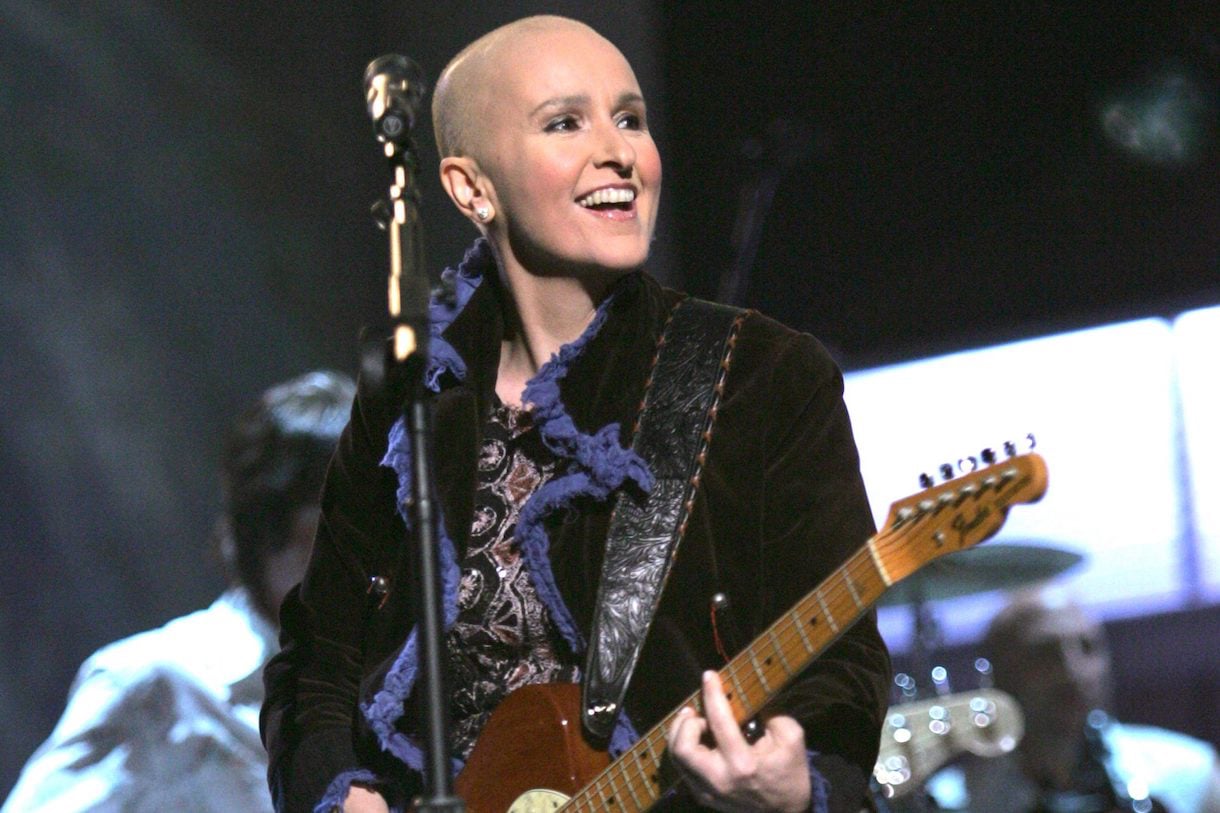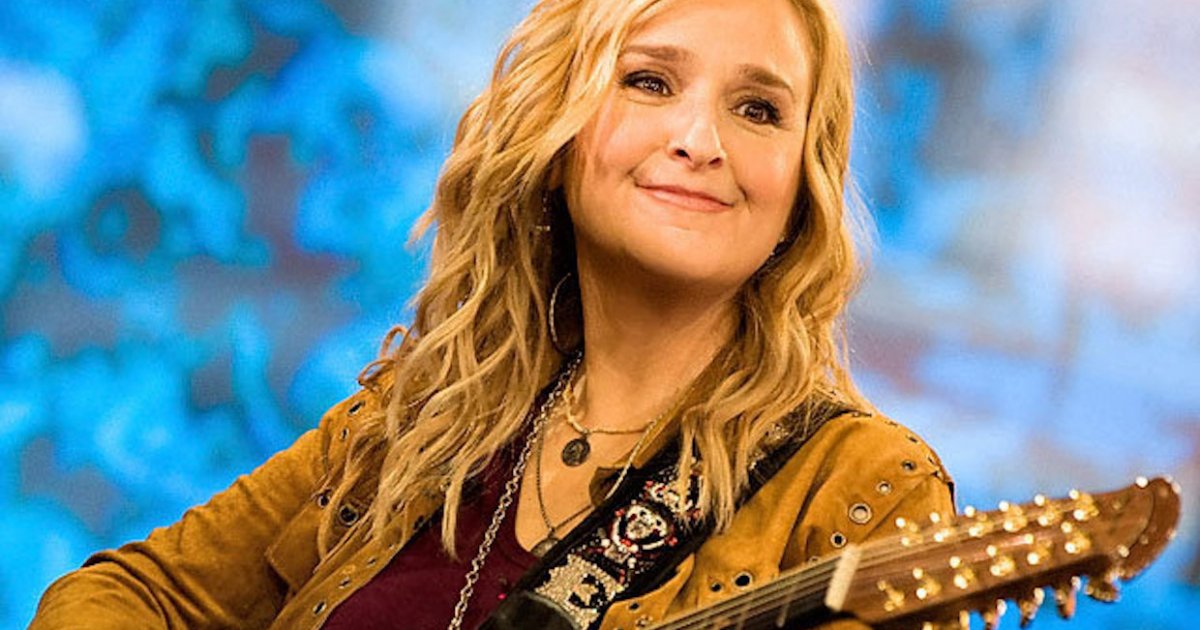So much strength. So much grief. Grammy-winning singer and breast cancer survivor, Melissa Etheridge announced the heartbreaking news of her son Beckett's death from opioid addiction on Wednesday.
"My son Beckett, who was just 21, struggled to overcome addiction and finally succumbed to it today," she shared on social media. "My heart is broken,” she added. “I will sing again soon. It has
Read More always healed me." Ethridge's partner Julie Cypher gave birth to Beckett in 1998. His biological father was later revealed to be David Crosby, of Crosby, Stills, and Nash.
always healed me." Ethridge's partner Julie Cypher gave birth to Beckett in 1998. His biological father was later revealed to be David Crosby, of Crosby, Stills, and Nash.After Chemo: A Bold Performance
Etheridge earned the admiration of the cancer community in 2005 when — still bald from chemotherapy — she took the stage at the Grammy Awards to belt out a defiant tribute to JanisRELATED: If You're Looking For Ways To Deal With Hair Loss During Cancer, You're Not Alone
Joplin. The decision to perform had not been an easy one. "Chemo was tough," she told Cancer Connect. "Physically, it was the worst thing I've ever been through." In addition to nausea, fatigue, bone pain and muscle aches, some days all she could manage was to lie still in darkness. But with the Grammy invitation, the singer saw an opportunity to get back on stage and say,
Dr. Sarah Cate, a breast surgeon at Mount Sinai Health System guides breast cancer patients through the lumpectomy vs. mastectomy decision.
“'Yes, I went through this, but here I am; I'm still here." The performance had an empowering impact on women facing breast cancer.
“My surgeon said ‘you’ll lose your hair, so get a wig.’ But I’ve never been the type to not be who I am, to not be truthful. I’ve always been upfront,” Etheridge told Shape. “So I said, why should I hide my truth? I had cancer. I had chemotherapy. I lost my hair. There’s no shame in that.”
The response was life-changing for Etheridge: "This was me saying, 'This is the way I am, and this is my truth.'” From that point on, she decided: “I am going to constantly be in my truth every day."
Melissa Etheridge’s Cancer Journey
Etheridge was on tour in the summer of 2004 when she discovered a lump in her left breast. (Son Beckett was just six at the time.) She’d had a recent physical and breast exam, so the lump surprised her. A biopsy confirmed breast cancer. She underwent a lumpectomy to remove the 4-centimeter tumor.
A sentinel node biopsy revealed the cancer had spread to the lymph nodes and her surgeon removed 14 of them. Surgery was followed by dose-dense chemotherapy, which involves giving the cycles of certain chemo drugs closer together. Etheridge also says she underwent radiation
therapy. For breast cancer patients, the decision to undergo a lumpectomy or mastectomy, is a personal one, says Dr. Sarah Cate, a breast surgeon at Mount Sinai Health System. While Dr. Cate did not treat Etheridge, she works closely with patients to assess the risks and benefits of the two
RELATED VIDEO: Image-Guided Biopsies May Allow Breast Cancer Patients to Skip Surgery After Chemo
surgical approaches. "As a breast surgeon, my job is (to help patients) understand that their long-term survival with mastectomy is equivalent to that with lumpectomy and radiation." Often women will request to have both breasts removed, believing it's the best way to prevent the cancer from recurring, Dr. Cate observes, but this is not always the case.
The size of the tumor, its genetic markers, and the patient's family history are all factors to consider when choosing between these two surgeries for breast cancer.
The Life-Changing Power of Cancer
For Etherige, like many in the SurviorNet community, cancer changed her worldview — for the better. For one, she took a step back and looked at her career: "I said, 'Wait a minute. There's no way I can constantly compare myself to the next 18-year-old ingénue coming up — there’s no way,” she told Shape.
RELATED: Higher Fiber Intake Linked to an 8% Lower Risk of Breast Cancer, New Research Shows
“I need to just make the music that I love and do it because I love it and because it makes me happy.' That's the path I've been taking ever sinceand it's been really amazing."
She encourages cancer survivors to make their own health a priority: "Find a space to listen to your own voice and to learn to be still," you will realize the power you have to make your own decisions,” she told Cancer Connect.
"You are now a woman with cancertake that power and use it,” Etheridge said. “Say no to things that you want to say no — and say yes to things that you want to say yes to. Prioritize yourself. You are the most important thing. You are no good to anyone else unless you are happy and well."
Learn more about SurvivorNet's rigorous medical review process.


